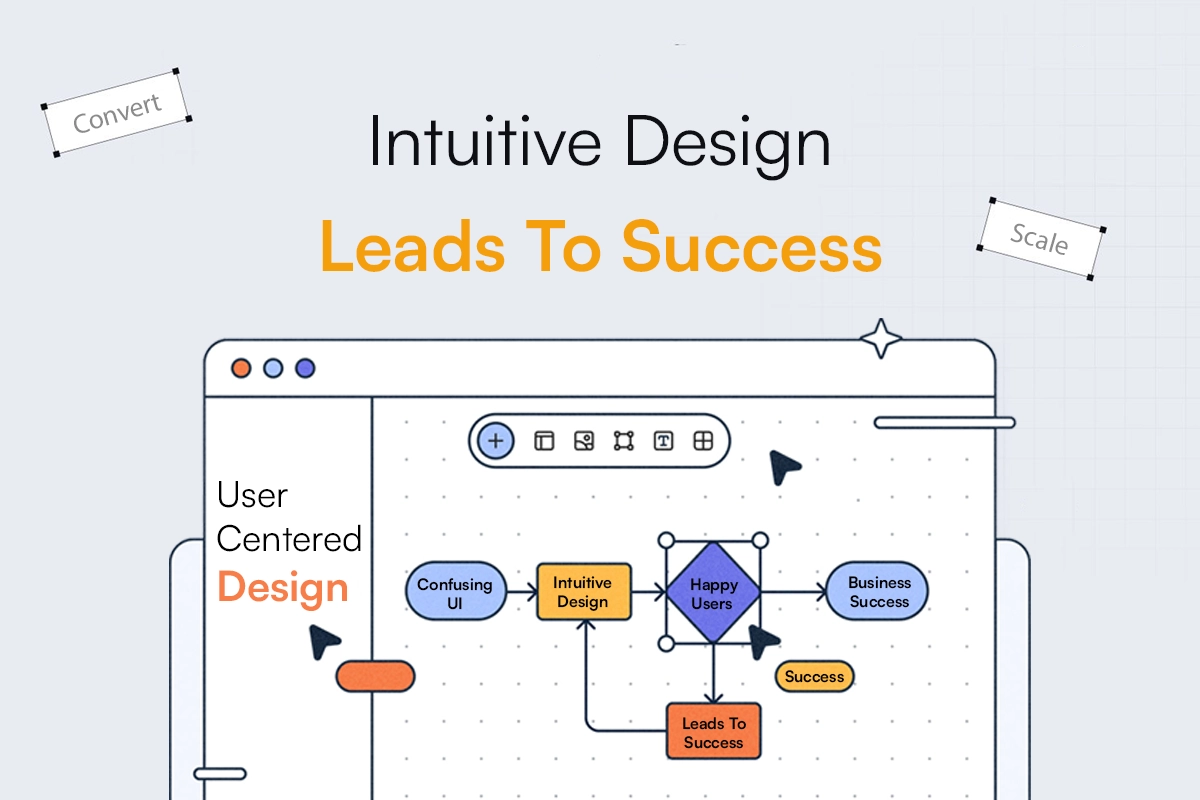Quality Assurance: A Pillar of Software Development Success

Introduction to Quality Assurance in Software Development
In the dynamic field of software development, quality assurance (QA) stands as an indispensable pillar, ensuring the seamless delivery of products that meet user expectations and adhere to industry standards. However, despite its undeniable importance, many stakeholders remain unaware of the intricacies of QA and its profound impact on the success of software projects. This blog aims to shed light on what is QA and the crucial role of Quality Assurance in the software development lifecycle (SDLC) and highlight the benefits of engaging a skilled QA team from the very inception of a project.
What is Quality Assurance in software Development?
QA in software development stands for Quality Assurance. It is a set of processes and activities designed to ensure that software products meet specified requirements and are free of bugs or defects. The primary goal of QA is to improve the development and Software Testing processes so that defects do not arise when the product is being developed.
Here are some key aspects of QA in software development:
Testing: QA involves thorough testing of software to identify and fix defects. This includes functional testing to ensure that the software behaves as expected, as well as non-functional testing to assess performance, security, and other aspects.
Process Improvement: QA also focuses on improving the development processes to prevent defects from occurring in the first place.
Requirement Analysis: QA teams work closely with stakeholders to understand and document requirements. This helps in creating test cases that ensure the software meets these requirements.
Documentation: QA teams often create and maintain documentation related to testing processes, test cases, and results. This documentation is valuable for both the development team and other stakeholders.
Automation: QA teams use automation tools to perform repetitive and time-consuming testing tasks. This helps in increasing the efficiency of the testing process and provides faster feedback to the development team.
Collaboration: QA professionals collaborate with developers, product managers, and other stakeholders to ensure a shared understanding of requirements and to address issues that may arise during the development process.
Continuous Improvement: QA is an iterative process, and continuous improvement is a key principle. After each development cycle, QA teams analyze the results, identify areas for improvement, and implement changes to enhance the overall quality of the software.
Importance of QA:
Quality Assurance (QA) is crucial for ensuring product reliability and customer satisfaction. It helps identify and rectify defects in software, products, or services, ensuring they meet established standards. QA also plays a pivotal role in preventing costly errors, reducing rework, and maintaining a positive brand reputation by delivering high-quality outcomes consistently.
Let’s understand its importance in depth.
The Essence of QA: Safeguarding Quality
QA encompasses a holistic set of practices and processes designed to identify and rectify defects within software applications. It acts as a vigilant gatekeeper, guaranteeing that the software serves its intended purpose, operates as designed, and aligns with performance expectations. By rigorously testing software throughout its development stages, QA professionals play a pivotal role in averting costly errors and ensuring the delivery of a top-notch product.
Early Engagement: A Strategic Advantage
Integrating QA from the project’s outset brings forth a multitude of advantages that extend beyond mere defect detection. Early engagement empowers QA professionals to:
– Provide valuable feedback on design and development decisions, proactively preventing potential issues from arising.
– Identify and address requirements gaps early on, ensuring that the final product aligns with user expectations.
– Establish a comprehensive test plan tailored to the project’s specific needs and objectives.
– Automate repetitive testing tasks, freeing up time for manual testing of more complex scenarios.
– Collaborate with developers to foster a culture of quality, fostering a shared responsibility for delivering a bug-free product.
The Advantages of an Experienced QA Team
Involving a team of seasoned QA professionals right from the project’s initiation yields a positive outcomes:
– Reduced development costs: Early identification and rectification of defects minimize the need for costly rework and bug fixes in later stages.
– Enhanced product quality: A dedicated QA team ensures that the software adheres to the highest quality standards, resulting in a more reliable and user-friendly product.
– Improved customer satisfaction: A high-quality product leads to satisfied customers, boosting brand reputation and fostering long-term loyalty.
– Reduced time to market: Streamlined QA processes expedite the development timeline, enabling faster product delivery and a competitive edge.
Conclusion:
QA is an integral component of successful software development, and its importance cannot be overstated. By involving a proficient QA team from the outset, organizations can realize the benefits of cost reduction, elevated product quality, enhanced customer satisfaction, and an expedited time to market. Investing in QA is an investment in the future success of software projects, ensuring that the delivered products not only meet but exceed user expectations





